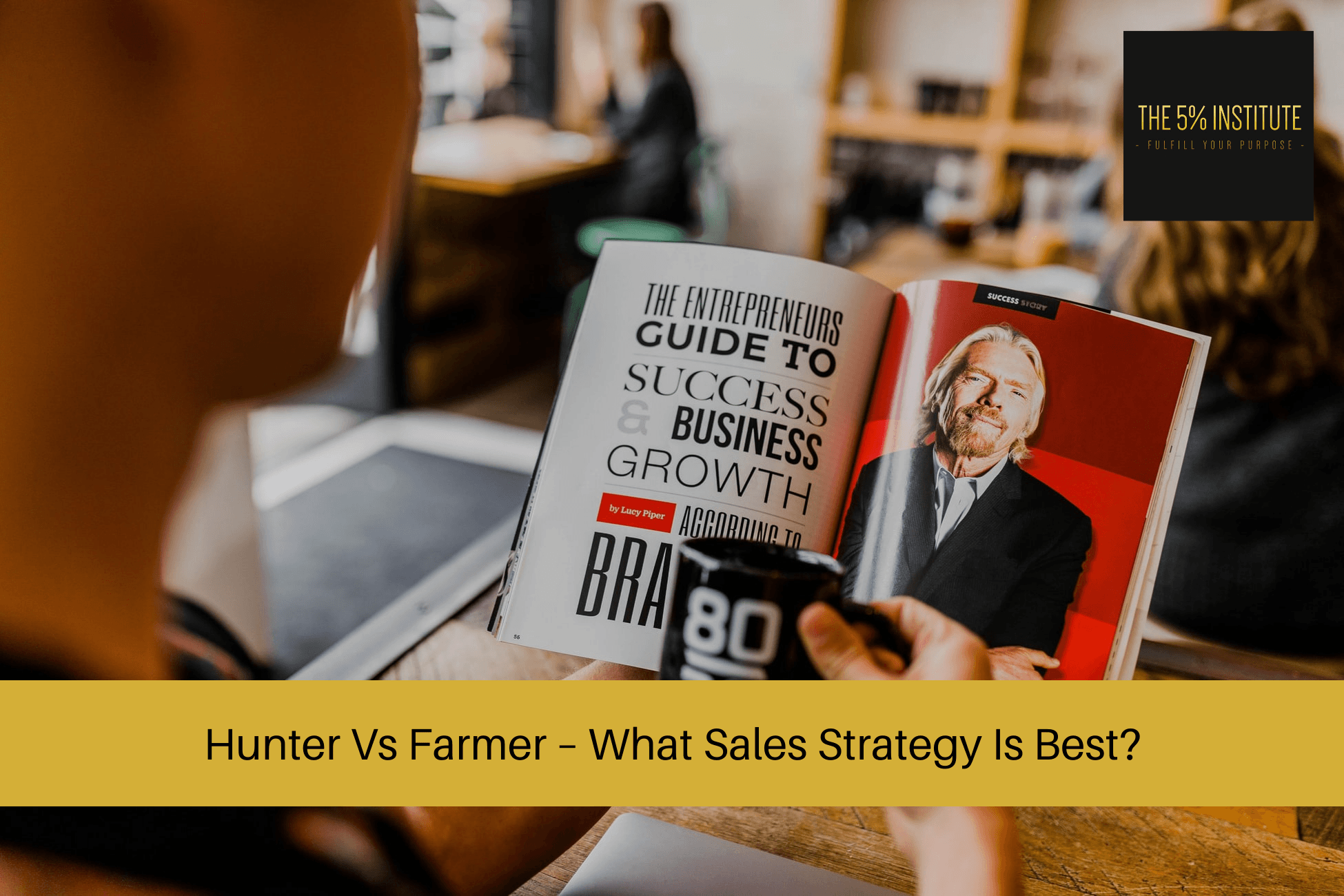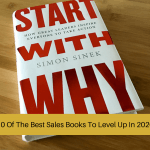
Hunter Vs Farmer – What Sales Strategy Is Best?
Hunter vs farmer: chances are that you’ve heard this sales analogy before, but what does it really mean?
And which one of the two is the best strategy to increase your leads, sales, and overall profit?
In this article, we’ll look at what the hunter vs farmer analogy means, and which one you should focus on depending on where you are at with your business and required sales outcomes.
Hunter Vs Farmer – An Introduction
The hunter vs farmer analogy is one that’s been around in sales for numerous decades and describes two different approaches on how you can win leads, and sales for your products or services.
It comes from the activities of each of these occupations – the hunter going into the wild, looking for it’s prey, and then executing what they need to do to get their desired outcome – a quick win.
The farmer; patiently plants, nurtures and minds its crops, with the intention of one day being able to reward themselves with the fruit of their labour (pun intended).
So which one is best for your sales efforts?
Let’s dive a bit deeper to find out.
Hunter Vs Farmer – What’s The Difference?
We’ve looked at the hunter vs farmer from an occupational context. Now let’s explore it from a sales lens instead.
The Hunter
Hunters are generally independent personality types and are very mission focused.
Their mission is to generate their own leads and rely on themselves and their own activities to win the sale.
They’re very much solution driven, and know the importance of outbound prospecting to keep their pipeline full.
When they close a deal, they’re quick to move onto the next one – which is why they’re continually looking for new and qualified leads.
Once Hunter types make a sale, they generally move onto the next one, and so on and so forth.
The Farmer
Farmer types understand the importance of nurturing relationships, and like to provide information and support for reaping the rewards later on down the track.
Although the equally know the importance of winning sales (as it is the lifeblood of any business), they value educating people first prior to setting up sales conversations.
Inbound marketing is generally their strategy for sales, and they use each or any of the following to build their audience:
- Product & service awareness videos
- Digital, print or display advertising
- Landing pages
- Email databases and CRM’s
- A blog or something similar to share value
A great book on the topic of providing up front value, over and over again until you win the trust and desire of your potential client, is one written by Gary Vaynerchuk.
In his book, ‘Jab Jab Jab, Right Hook’, Gary talks about the importance of giving content freely to your audience, so that you position yourself as The trusted Advisor; rather than be just another salesperson commodity out there in the marketplace.
This book speaks to the values of the farmer type in sales, who gives and nurtures now, with the expectation to win their sales later on – after they’ve built trust, rapport and desire.
You can learn more about Gary’s book here.
Now what works best? The hunter vs farmer has always been debated widely. Which one should you focus on?
Read on to find out.
Hunter Vs Farmer – What Sales Strategy Is Best?
So now that we’ve compared the hunter vs farmer in a sales context, which is best?
The hunter vs farmer debate has gone on for years, as to which is best for your overall sales efforts.
Many Sales Trainers or Guru’s swear by one of these styles, but the truth of the matter – although not a sexy answer: is that they’re both great, and equally important.
The hunter vs farmer debate is not worth the time debating or focusing your attention on, because they both when done correctly, deliver you with the same outcomes.
These outcomes are:
- More leads
- Winning more sales
- Happy clients
- More referrals
- Business growth
As long as you’re achieving each of these outcomes, why should you worry about the effective of the hunter vs farmer?
In today’s busy marketplace – with so much noise; and where everyone including your competition is fighting for your potential clients, you should be using both strategies in your sales and marketing efforts.
If you need sales right now, focus your attention on a hunter mindset with outbound prospecting.
However – don’t forget to implement an inbound sales strategy, so you can nurture people as you’re being proactive reaching out to new potential clients.
To learn more about how you do both with your prospecting efforts, check out the related article for more detail below.
Related article: The Two Types Of Sales Prospecting For More Sales
Final Thoughts
The hunter vs farmer analogy and effectiveness is one that has been debated in sales circles for decades.
Some say the hunter is more efficient, and others that we need to be farmers instead.
Both work very effectively when done correctly, and both should be implemented in your sales efforts.
If you would like to learn more about consistently closing new clients, you can register for our 7 day sales challenge here.
Want To Close Easily Without The Guesswork?
If you’re truly committed to learning how to reach success in sales and selling, you may be interested in our affordable and simple to use flagship program – The 5% Sales Blueprint.
Our online course is perfect for sales consultants, sales professionals, business owners and entrepreneurs who want to sell more consistently, without being pushy or using outdated sales tactics.
If you want to learn more about our program, simply click the link below to find out how.



